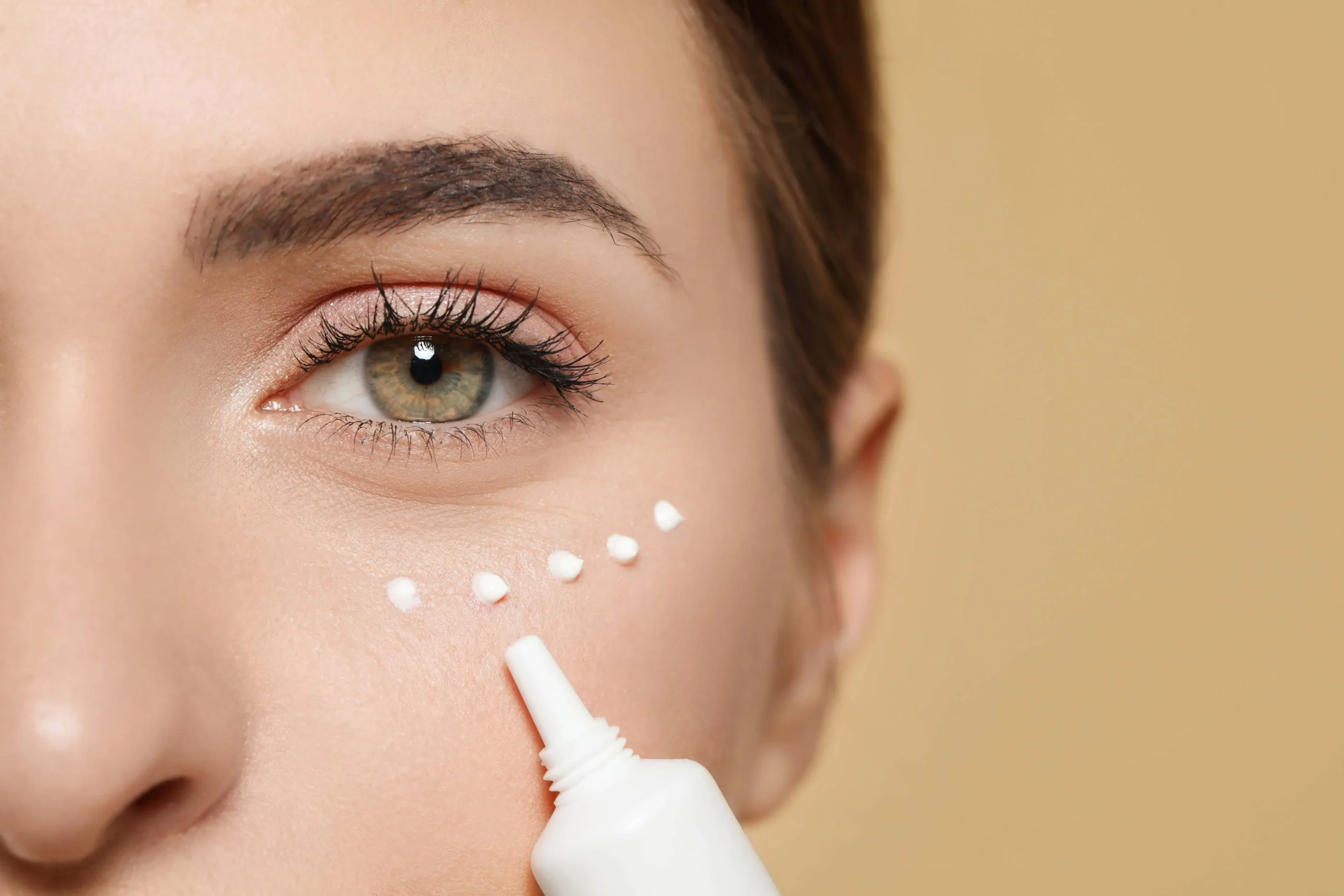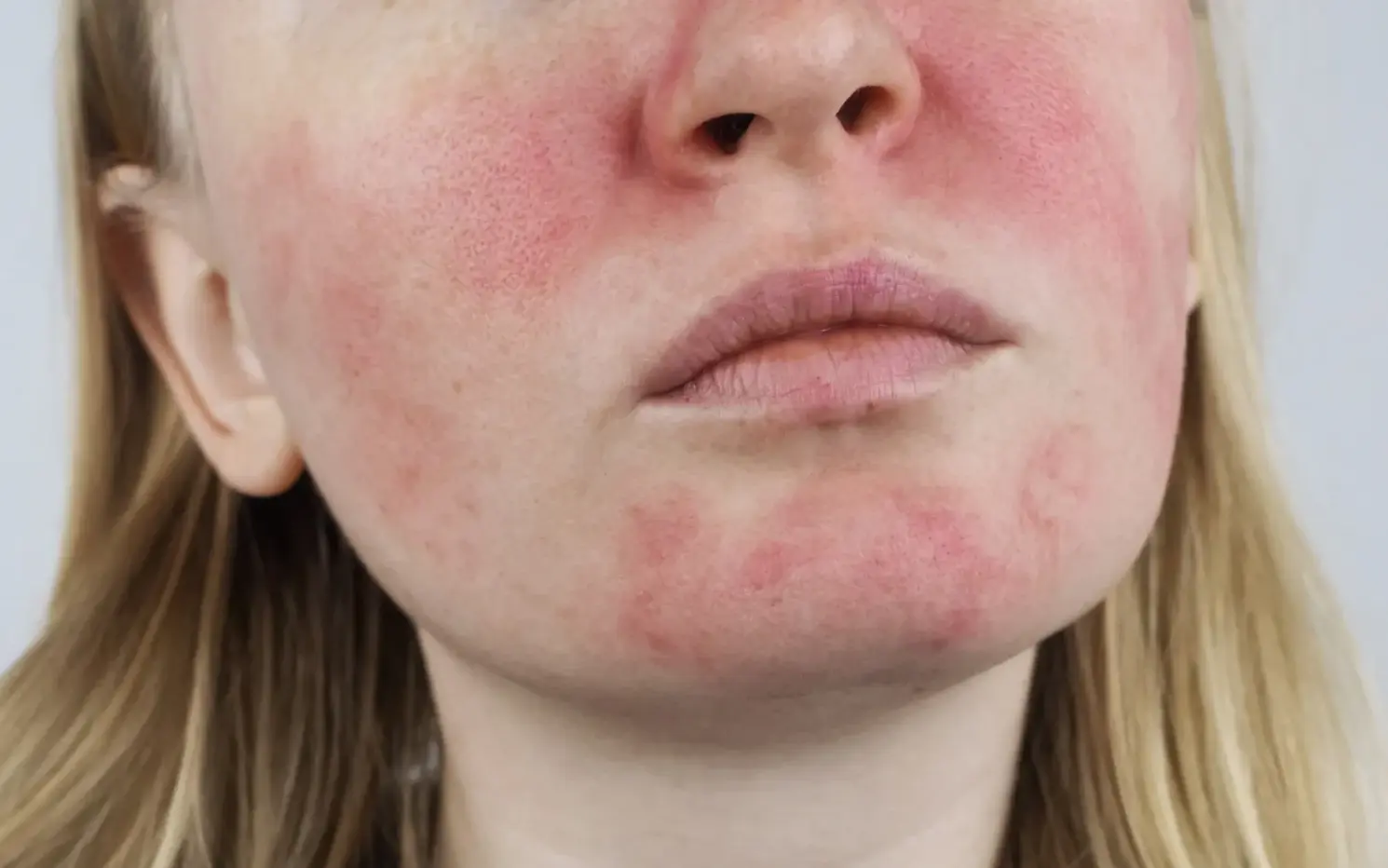Do you have sensitive skin?
Fragrance in skincare products could be a concern. Keeping track of the ingredients in your skincare can be difficult while trying to find products that work for you. The challenging aspect of skincare products is that sometimes the raw ingredients, and chemicals used, can have a bad natural scent. The active chemical can be beneficial for the patient but it is hard to consistently use a product with a bad smell.
In the same sense, we all love a moisturizer that smells good, but is those ingredients causing you more harm than good? Here’s what we know about fragrance in skincare that can be found in some of your products.
There are three categories of fragrances—synthetic fragrances, natural fragrances, and essential oils. Synthetic fragrances are developed in a lab and usually last longer than natural fragrances. Natural fragrances come right from sources such as lemon, orange, and lavender. All types of fragrances can cause potential irritation, but synthetic fragrances are the leading cause of contact dermatitis in beauty products.
We suggest avoiding products that have the word “parfum” on the label. The word “parfum” on a label means the product can hold a combination of hundreds of proprietary chemicals that can irritate the skin. The FDA does not require skincare products to disclose the exact scents or fragrances that may be included. This is a loophole that allows companies to hide fragrances, or label them as clean since there is no regulation in the industry.
Although, it is important to note that there are fragrances that smell good, cause no irritation, and benefit the skin. For example, fragrances like melon, vanilla, cucumber, aloe vera, almond, mango, cocoa butter, and shea butter all provide a great scent without harming the skin.
Fragrance-free means that no fragrance materials—synthetic or natural—are used in the product. The term unscented can be misleading for the consumer. Unscented generally means that the product doesn’t have an obvious fragrance, or the fragrance is used to mask scents naturally occurring with other active ingredients.
If you are someone who is constantly fighting with contact dermatitis or other skin reactions, it may be worth diving deeper into the products and fragrances you are putting on your face. For some people, fragrance and scented products may not cause irritation or the damage to the skin may not be obvious, but small amounts of damage can accumulate over time. In a time where clean beauty and skincare are all the rave, make sure you are still reading the ingredients included.





